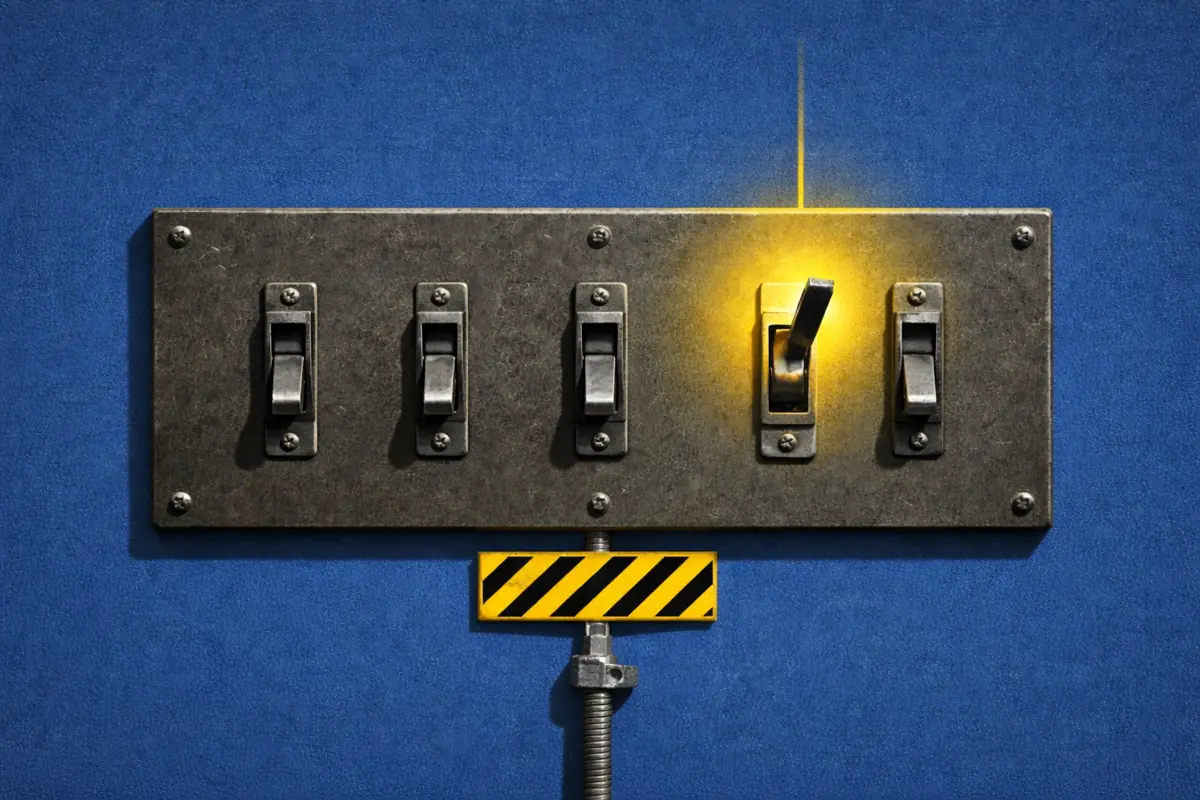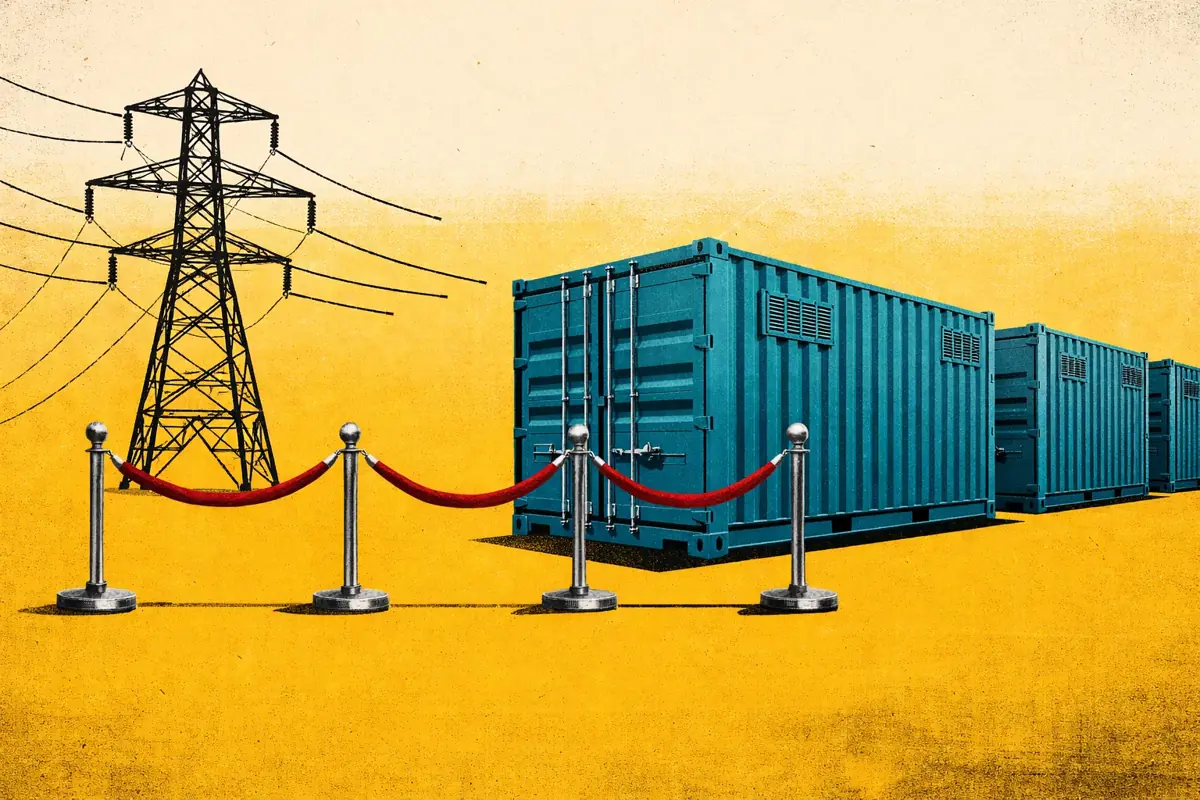ERCOT: How did battery energy storage perform in September 2024?
ERCOT: How did battery energy storage perform in September 2024?
Executive Summary
- ERCOT battery energy storage revenues decreased by 75% from August to September 2024 - making for the lowest monthly earnings of the year.
- For the first time, batteries earned the majority of their revenues from Energy arbitrage (58%) as Ancillary Service prices hit a five-year low.
- Deep Greek, a Gore Street Capital battery, earned over four times the ERCOT BESS Index - by capitalizing on nodal basis and local price spikes above $1,000/MWh.
Subscribers to Modo Energy’s Research will also find out:
- Why longer-duration batteries outperformed one-hour systems despite low volatility.
- Which battery owners adapted best to shifting market conditions and outperformed the ERCOT BESS Index.
- How West Texas batteries continued to lead in revenue due to solar curtailment and industrial demand patterns.
To get full access to Modo Energy’s Research, book a call with a member of the team today.
Introduction
In September 2024, battery energy storage systems listed on Modo Energy’s ERCOT BESS Index earned annualized average revenues of $22/kW.
Already a subscriber?
Log in








